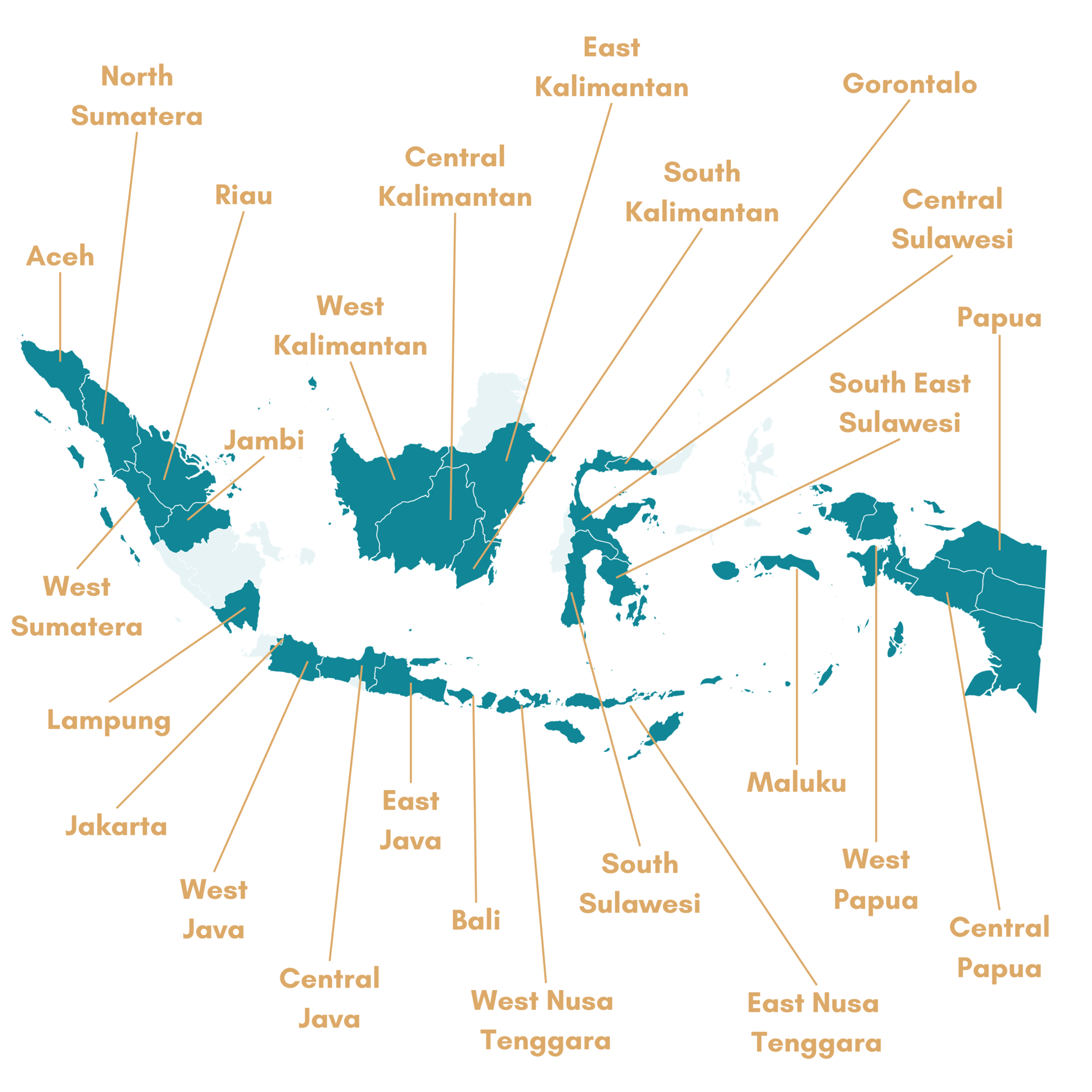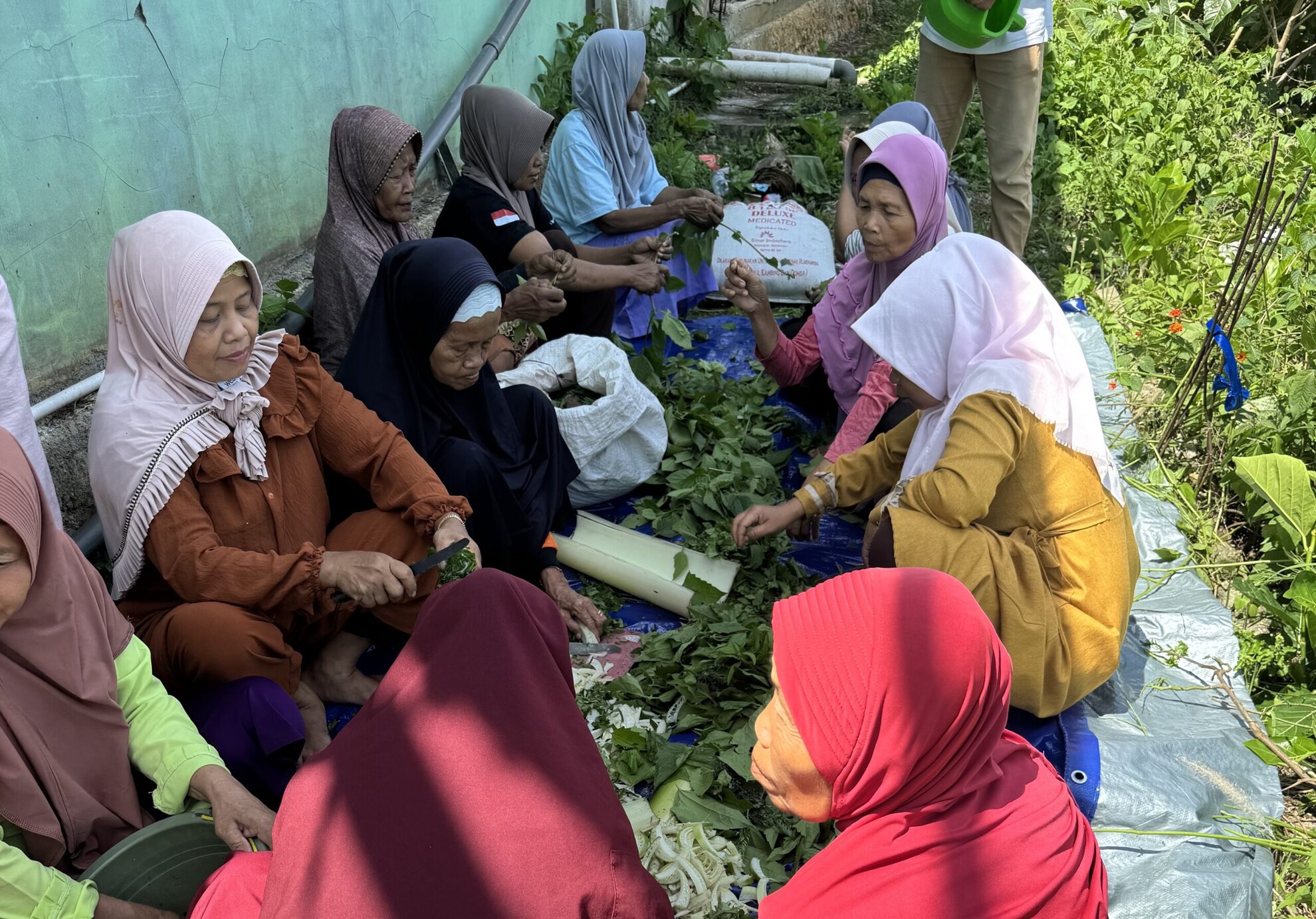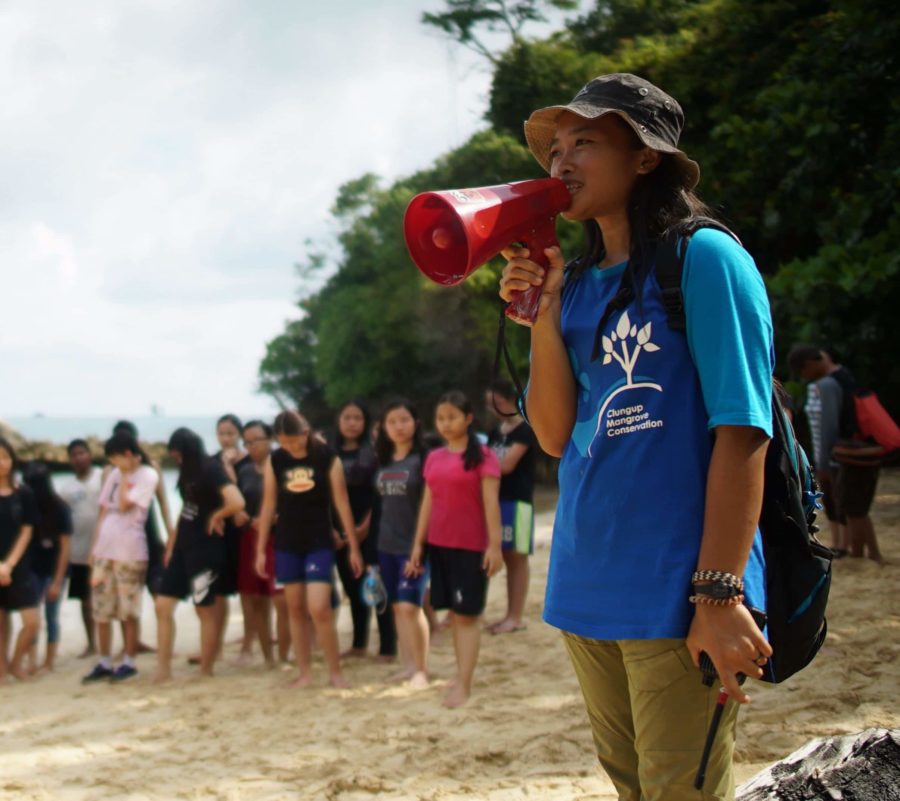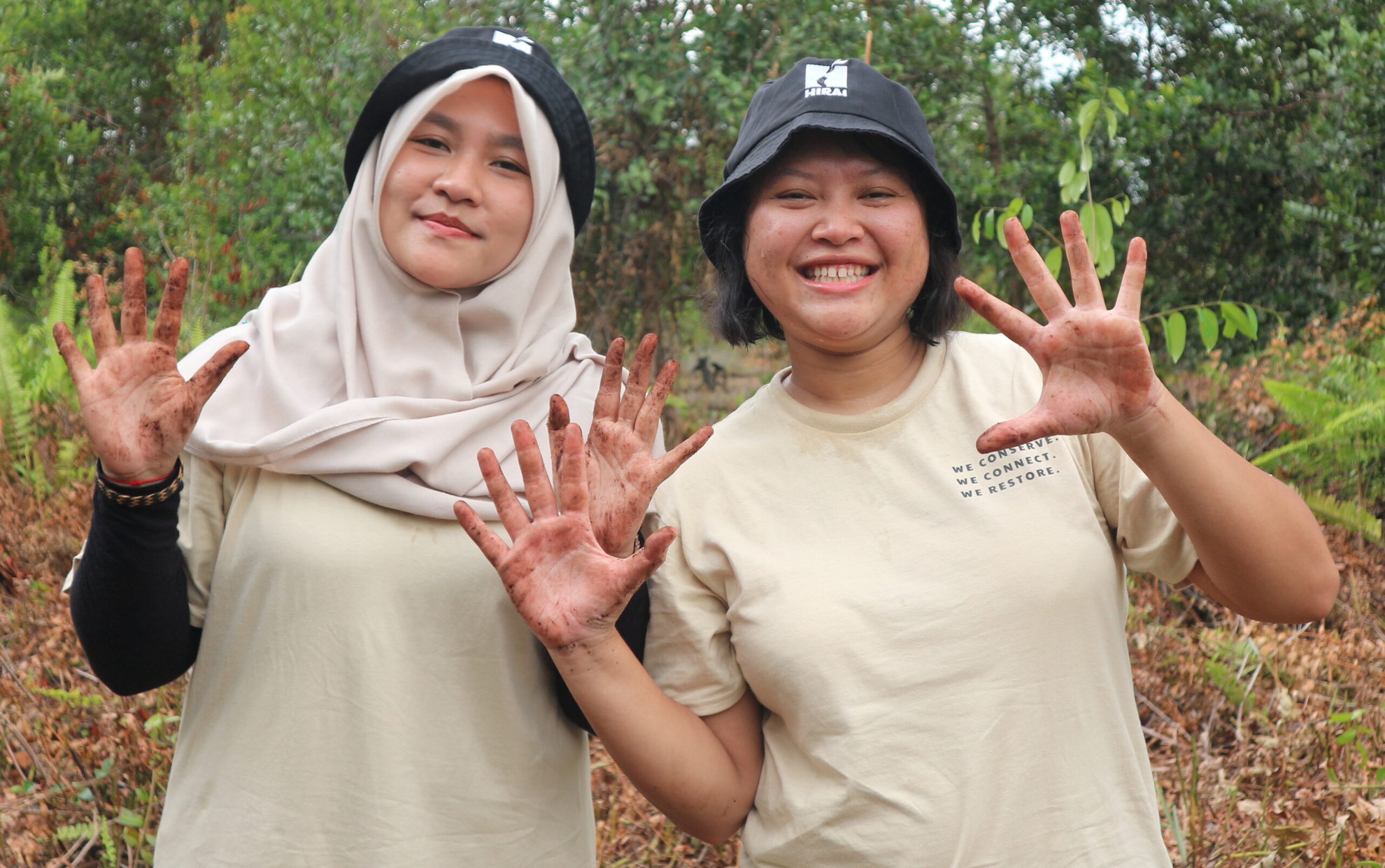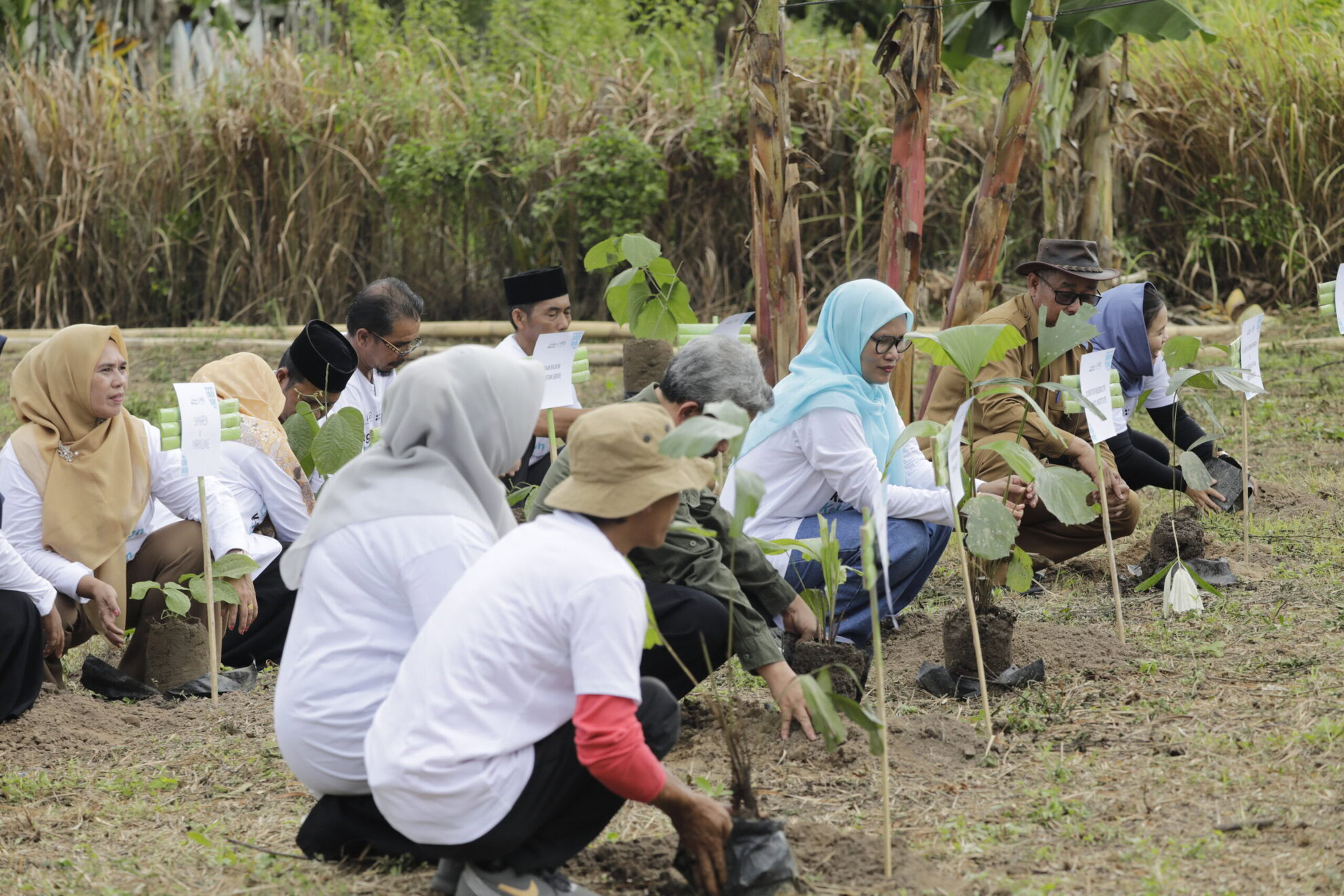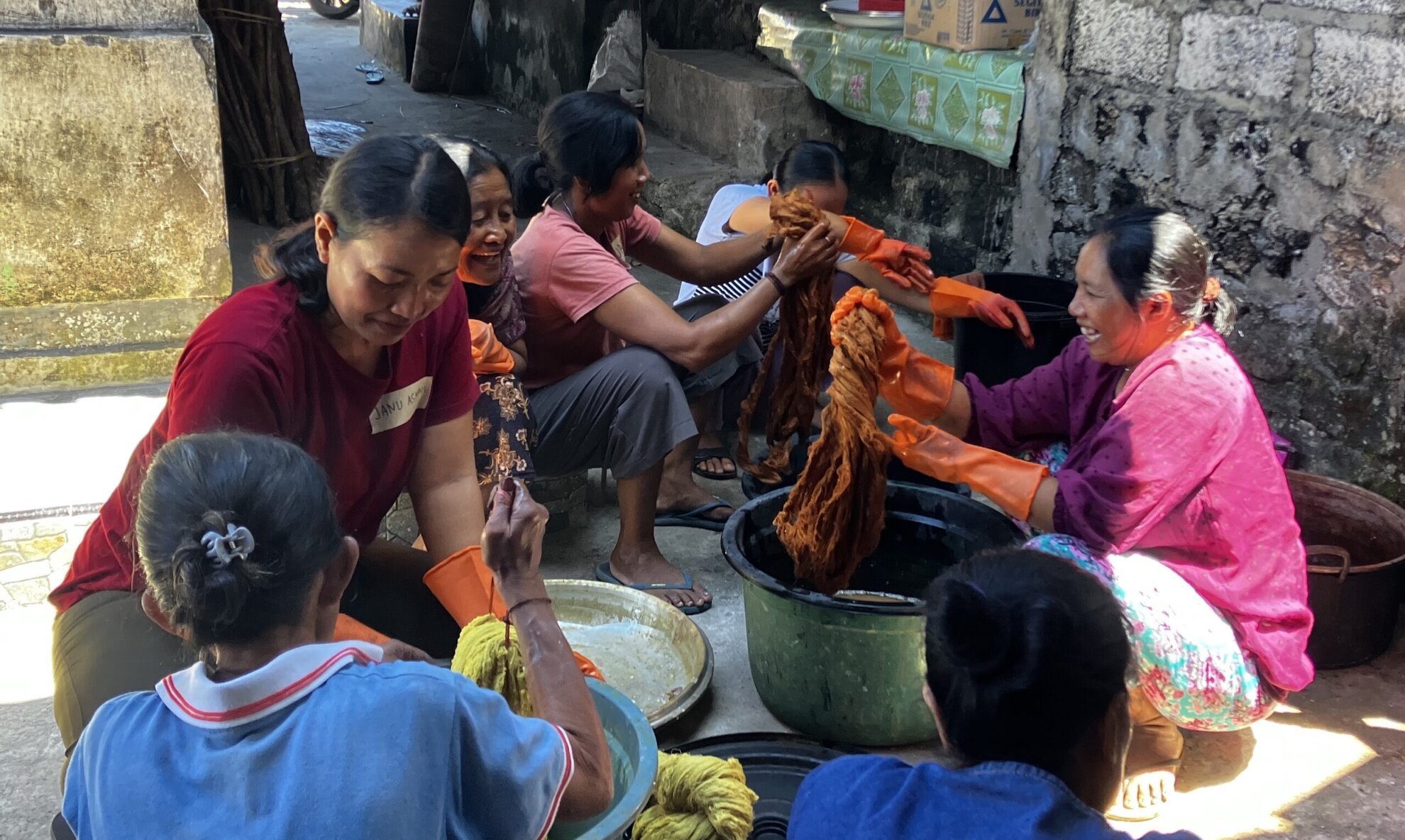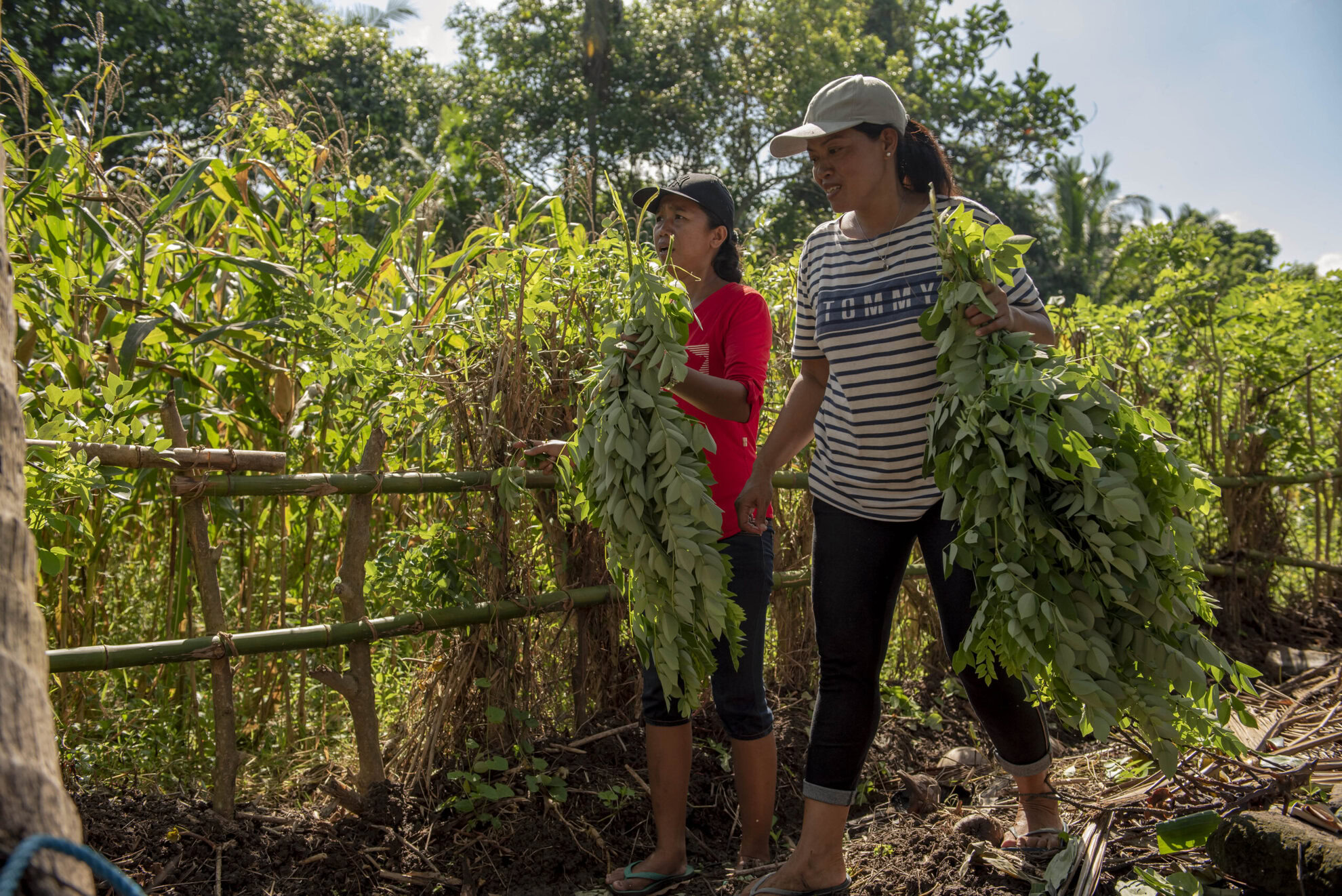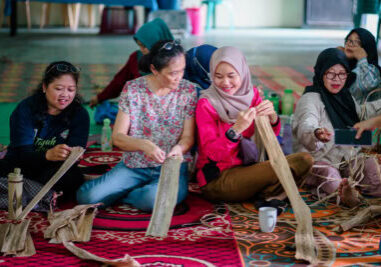IN THIS MOMENT OF ENVIRONMENTAL CRISIS, INDONESIA IS GROUND ZERO.
The archipelago of over 17,000 islands is especially susceptible to climate change: rising sea levels, extreme weather, and erosion jeopardize the lives and livelihoods of hundreds of millions of people living in densely populated coastal areas, and the effects of frequent and destructive storms are compounded by prolonged drought. Women in Indonesia experience the brunt of climate disruptions and are therefore best suited to lead in designing solutions. Yet they are governed by strict, patriarchal laws that limit their access to resources and create barriers to their participation in decision-making. In much of the country, women are restricted from owning land or using ancestral forests for farming or other economic livelihoods.
In response, WEA and our Indonesia Program Leads provide training, mentorship, and financing activities to women leaders to restore degraded forests, employ community members in forest-friendly eco-enterprises, and innovate sustainable waste management projects to protect communities and water sources.
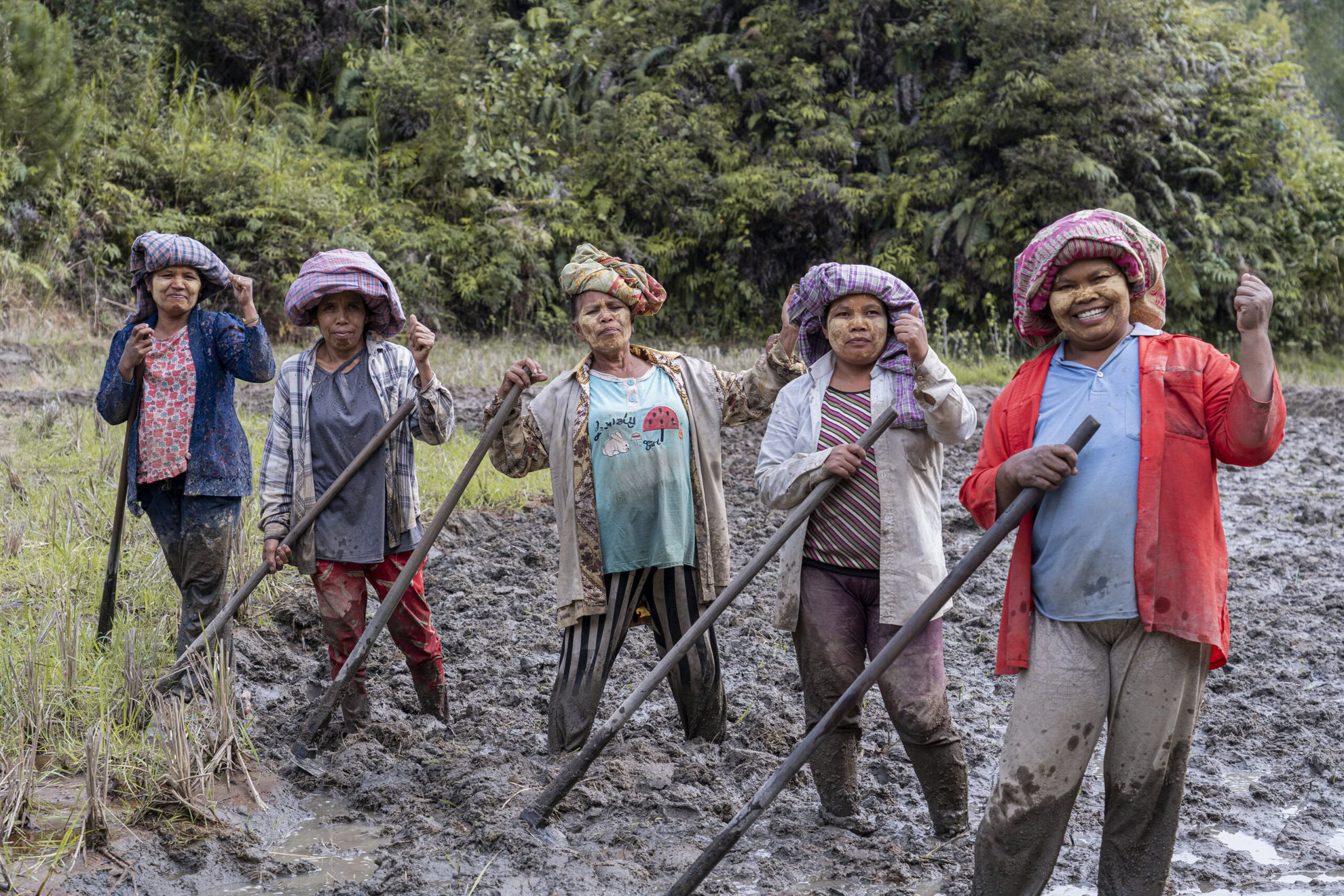
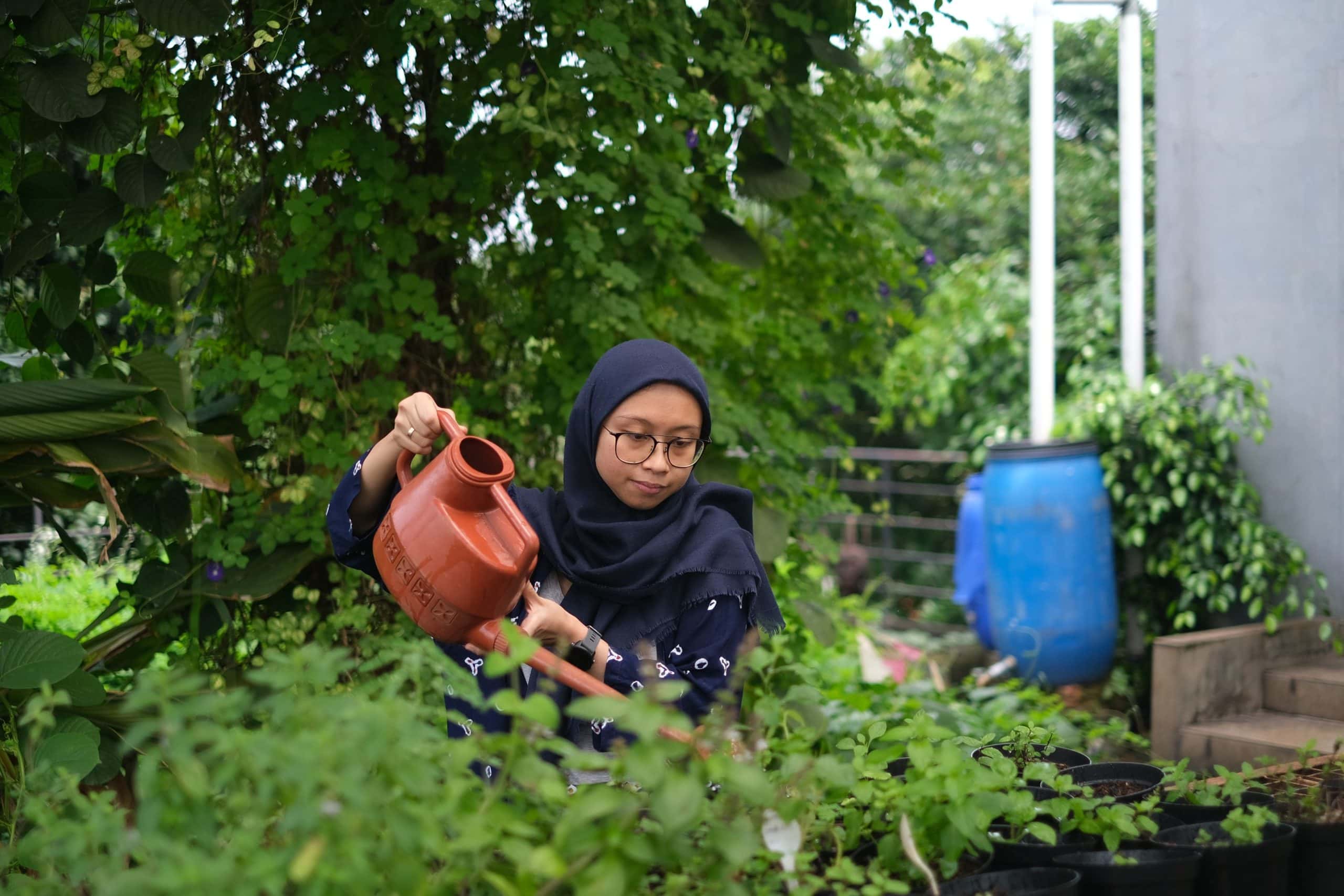
WHAT'S AT STAKE
From 2001 to 2022, Indonesia lost 29.4 million hectares of tree cover, contributing to an 18% decrease in tree cover since 2000 and 21.1 Gt of CO₂e emissions.
Deforestation and illegal logging has caused increased flooding, displacement of forest communities, and exploitation of women and girls throughout Indonesia.
More than 2,000 of Indonesia's islands may be submerged by rising sea levels by 2030.
![]()
Eco-Entrepreneurship: Growing women-led eco-enterprises that protect and restore ecosystems, increase income, improve health, and strengthen women’s leadership and wellbeing.
![]() Forest Conservation: Supporting holistic forest restoration and protection that focuses on regenerating depleted tropical forests, empowers local communities, and sequesters carbon.
Forest Conservation: Supporting holistic forest restoration and protection that focuses on regenerating depleted tropical forests, empowers local communities, and sequesters carbon.
![]() Climate Resilience: Strengthening community climate resilience through trainings and adoption of climate-smart technologies.
Climate Resilience: Strengthening community climate resilience through trainings and adoption of climate-smart technologies.

